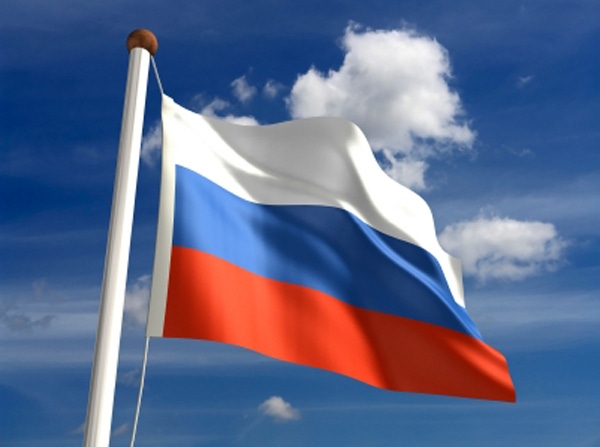January 28, 2013

Russia may impose a temporary ban on the import of some U.S. and Canadian beef and pork products as of Feb. 4, amid concerns that they may contain a drug used to make animal muscle more lean, Reuters has reported.
Russia's Veterinary and Phytosanitary Surveillance Service said last week that both countries were continuing to send chilled meat products to Russia that violated its import rules that require such proteins be free of residues from the feed additive ractopamine.
Such requirements are also in place in Belarus and Kazakhstan, who are partners with Russia in a three-country customs union.
Russia's potential ban could jeopardize the more than $500 million a year in exports of U.S. beef and pork to Russia. It also comes amid mounting trade tensions between the two countries. The U.S. Senate last year approved a bill to expand bilateral trade – legislation that also sought to punish Russian human rights violators.
The Russian veterinary group “is especially concerned about the import of chilled meat products to Russia,” the service said in an English-language statement on its Web site. Adding to their stated concerns, such chilled pork and beef products were showing up in the Russian marketplace before the laboratory test results for ractopamine had come back.
In meat industry circles, the term “chilled” refers to higher-priced protein products that are never frozen.
Ractopamine is used as a feed additive by livestock producers in the United States and Canada and elsewhere.
But countries such as China have banned its use amid concerns that traces of the drug could persist, despite scientific evidence stating that it is safe.
The additive's effects on humans may include toxicity and other exposure risks, according to U.S. groups lobbying the Food and Drug Administration for domestic limits on the drug.
The United Nations has agreed on acceptable levels of the drug in livestock production.
A spokeswoman for the U.S. Trade Representative's office said the agency was “concerned” about Russia's actions.
“The United States is committed to ensuring that the meat we export to consumers around the world is safe and wholesome. We continue to call on Russia to suspend these unjustified measures and restore market access for U.S. beef and pork products,” said USTR's Andrea Mead.
A ban could strain the U.S. meat industry's ability to find empty storage capacity in the public refrigerated warehousing industry, which enjoyed a business boom of sorts last year as livestock producers sold off their herds amid the worst drought to hit U.S. cropland in more than half a century.
If meat companies with significant exports to Russia suddenly had that market closed off, the United States “may see higher inventories of beef or pork being put in storage, and not as much movement of the product,” said Lowell Randel, director of government relations for the Global Cold Chain Alliance.
That, in turn, could drive down U.S. meat prices as inventory supplies grow, say industry experts.
Randel said that the refrigerated warehouse industry in the United States currently has about 15% available capacity, a normal average for the sector. But, he said, some storage facilities in the Midwest are filling up, especially those whose businesses are dominated by the livestock industry.
"I was talking to one customer the other day, and they were at 104 percent capacity," Randel said. "They were full to the brim."
Late last year, the United States asked Russia, the sixth-largest market for U.S. beef and pork, to suspend its anti-ractopamine requirement.
Federal officials also warned U.S. meat companies that Moscow might reject their pork shipments that contained ractopamine and stop buying pork from processing plants that produced pork with the drug.
This past week, the Russian Veterinary and Phytosanitary Surveillance Service said U.S. and Canadian regulators had failed to respond to requests for information on measures taken to prevent deliveries to Russia of meat containing ractopamine.
Canadian pork shippers have promised to comply with the Russian policy on ractopamine.
You May Also Like



